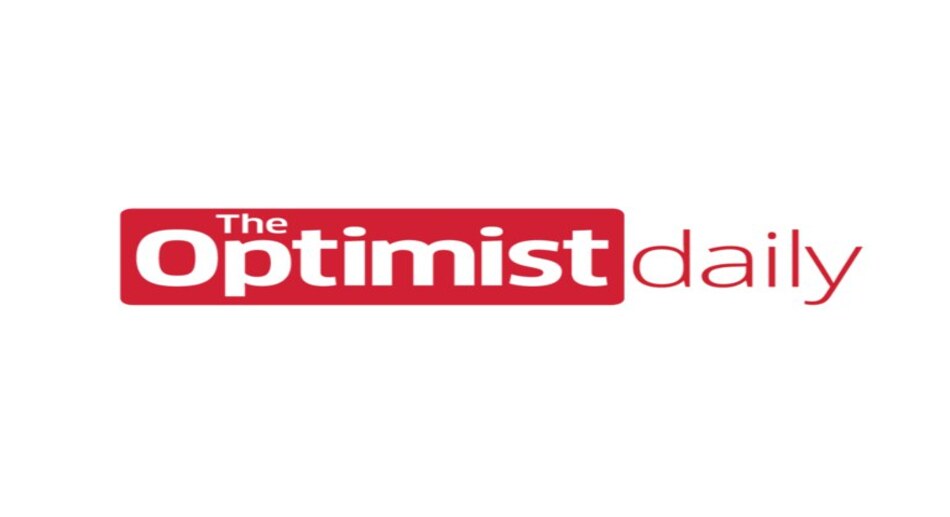Many people couldn’t get by without the invaluable work done by the non-profit sector. Philanthropic organizations the world over, such as the Red Cross or the Halo Trust, provide essential services, effect societal change, and even repair damage from conflicts. In cases of providing funds to those in need, though, charitable organizations can sometimes be a costly middleman.
A municipal platform in Turkey addresses this by directly connecting those in need with those willing to give.
“Bill on the hook”
The online donation platform is called Askida Fatura, Turkish for “bill on the hook.” The principle is elegant: those struggling with expenses upload unpaid bills to the platform and wait for an anonymous benefactor to donate.
Askida Fatura started in Istanbul in May of 2020. With inflation and Pandemic economic difficulties, this program continues to be very helpful to the working class. Over 330,000 utility bills have been paid off in Istanbul to date — approximately $3.5 million worth (52 million Turkish liras) — and Askida Fatura has now spread to 35 other municipalities in Turkey.
There are retroactive benefits as well. The platform builds a stronger sense of community between donors and recipients. One Istanbulite who donated said on Twitter that Askida Fatura “makes me more empathetic to the fact that the people we encounter on the streets, that we ride in the same [public] transportation with, can have difficulties similar to ours or much deeper.”
Studies have found that Turkish people also prefer giving directly to individuals due to a distrust of institutions.
A history of charity
This concept of anonymous charity has deep roots in Turkey. Going back as far as the Ottoman Empire, there were public sites called “charity stones,” waist-high, flat-topped stones usually outside Mosques where charitable people would leave bread for those in need. Back then, this was called askida ekmek, or “bread on a hook.”
The concept of charity, or almsgiving, is also an essential part of Islam, the majority religion in Turkey. The fourth pillar of Islam, Zakat, requires observant Muslims to give a fixed amount of their income to those less fortunate than them, especially during the holy month of Ramadan.
Askida Fatura goes beyond religion, though, even helping to mend some religious and economic divisions.
“With Askida Fatura, we don’t know the person’s religion or ideology, and they don’t know us,” says Ayse Kose Badur with the Istanbul Policy Center at Sabanci. “We start to perceive people not as Muslim, non-Muslim, secular, religious, refugee, Kurdish or Alevi, but as people living in the same city who can support me when I need help.”











